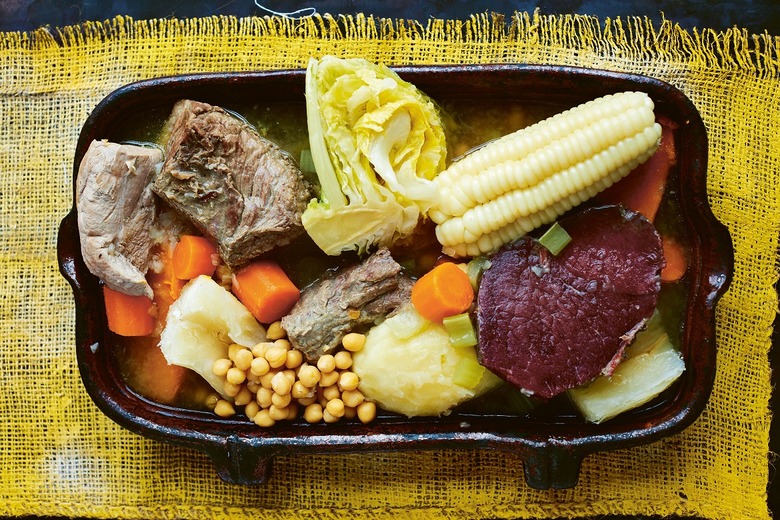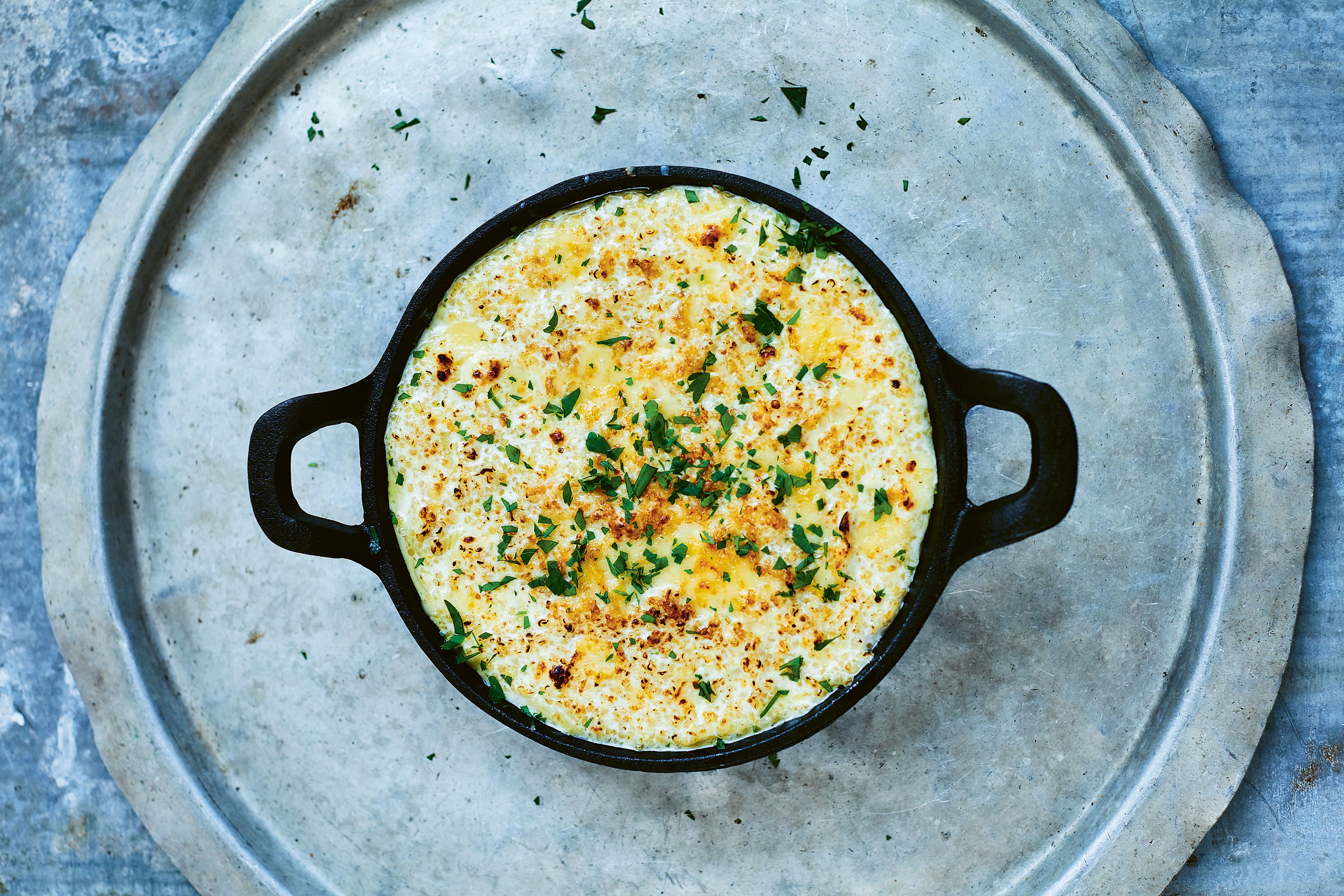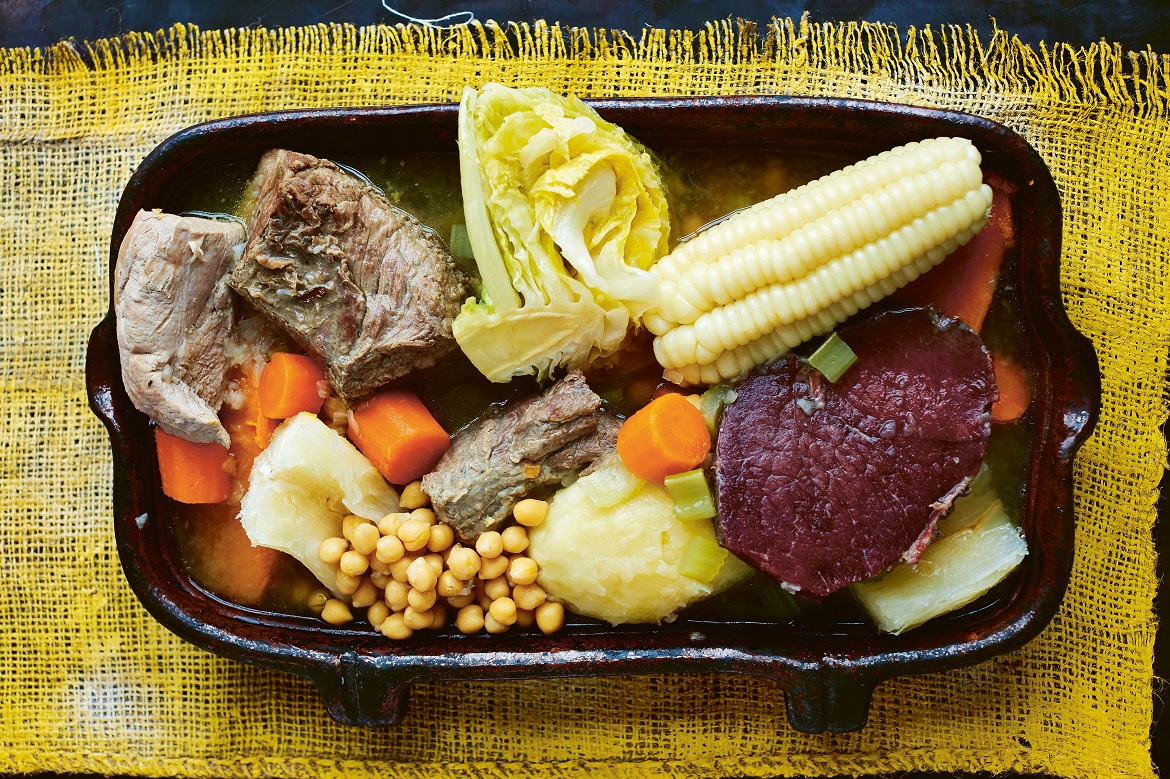Andina: The Heart Of Peruvian Food
We may receive a commission on purchases made from links.
"Andina cuisine is always perfectly balanced and seasonal. If it's summer, Andina cooking offers us the lightest and zestiest dishes; if it's winter, the dishes are warming, hearty and filling. Using local ingredients that are both seasonal and local, and a wide variety of ancient cooking techniques, this cuisine is built upon respect for the environment, the land and its people." — Martin Morales in Andina
With the growing interest in superfoods (ingredients like chia, maca, quinoa, and more, which are native to the Andes) and global cuisines, Peruvian cooking is becoming increasingly popular in cities across the world.
Andina, the latest cookbook by Martin Morales, explores the ancient cuisine of the Andes. Morales, born in Peru, is now based in London, where he has been for the past 20 years running his four award-winning restaurants. He is known as an ambassador of Peruvian food and arts, a title bestowed upon him by the Peruvian government. In addition to the recipes in his cookbook, Morales includes 11 stories, in the back of the book, one for each Andean region, that explore his own very personal relationship with the region.
The recipes that make up Andina are totally delicious, full of flavor and easy to make at home with ingredient lists that feature traditional ingredients alongside suitable substitutions for the home cook. Morales offers recipes for every meal of the day, from breakfast through to dessert, with snacks, soups, drinks, and more in between, as well as gorgeous photographs that are sure to inspire.
Recipes featured in Andina include:
The Daily Meal: What is your philosophy of cooking (and/or eating)?
Martin Morales: Aqui se cocina con cariño — here we cook with love. This means feeding the heart, the mind, and the senses by creating food with meaningful stories (the heart); careful, respectful, and considered sourcing of ingredients with simple or complex, traditional or innovative techniques (the mind); and tasting exquisite, looking fabulous, with a variety of textures and great aromas (the senses).
How did it inspire the recipes you chose to include in this book?
It was the basis for it all. Tradition vs. modernity; in the Andes vs. in our restaurants; my recipes vs. those of my chefs and other Picantera chefs in the Andes. The very best of all these options.
What is your favorite recipe in the book and why?
Puka Picante, because it's one of the most delicious, beautiful-looking, and most exciting vegetarian dishes I've ever made. It's a favorite at our restaurant Casita Andina, it comes from Ayacucho and is relatively unknown outside of that region — no one in Lima really knows it. It has a profound story based on its links to Ayacucho's painful past, so it's a dish with a lot of meaning. And because by presenting it in my book I am giving a voice for the unrepresented. It's a political dish, and politics are important in food.
What are some of the foods you can't live without?
Pulses, seeds, grains, vegetables, garlic, salt, and spices. I also love Pisco.
Would you rather dine out or cook at home?
Both, and I offer the best of both worlds in our restaurants, because we serve exceptional and exquisite cuisine in the most relaxed and fun fine-casual restaurants in London.
What is your favorite go-to meal or drink?
Food: El Puchero, traditional Andina broth.
Drink: Chicha Morada, purple corn refreshing drink.
How do you hope readers will use this book? What do you hope they take away?
I hope they find recipes for any occasion, any time of day, any time of the year. I hope it gets dirty in the kitchen whilst its recipes are being used, and finds its place on their bedside tables as they enjoy reading the stories at the back.
Is there anything else you'd like to share?
A trip to the Andes with all your readers. I wish I could take them there with me. But as that's not always possible, they should enjoy my book, get into the world of the Andes, and then come to our restaurants or go to the Andes one day. I promise they would love any of these.






